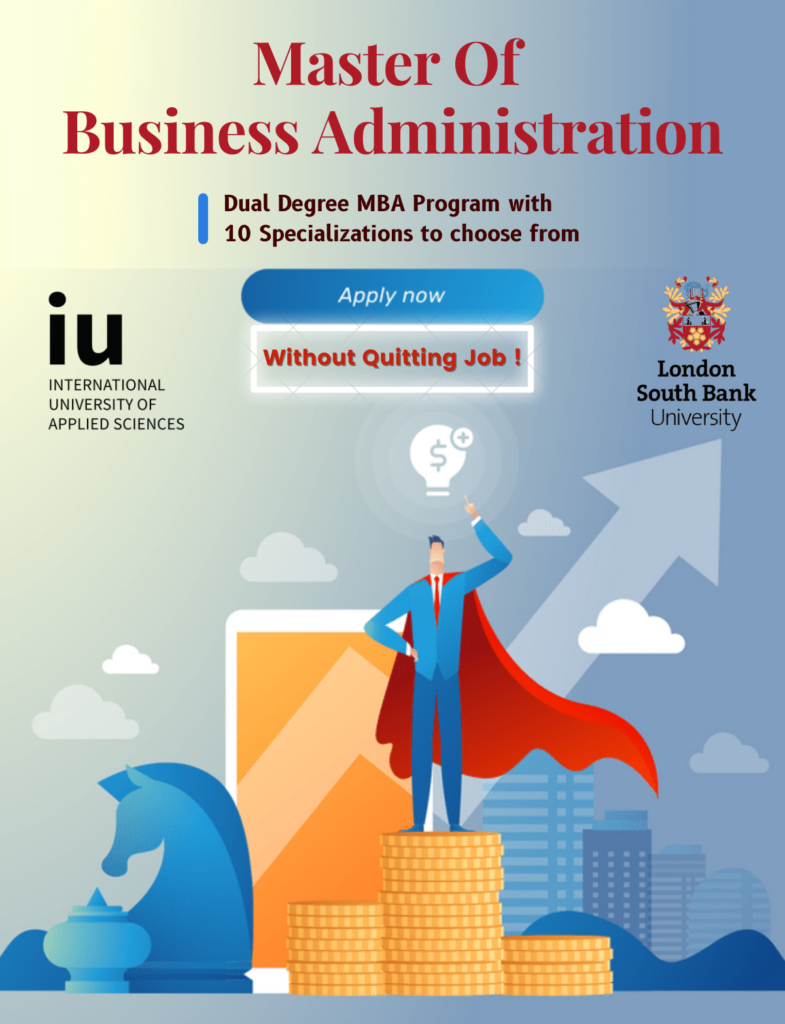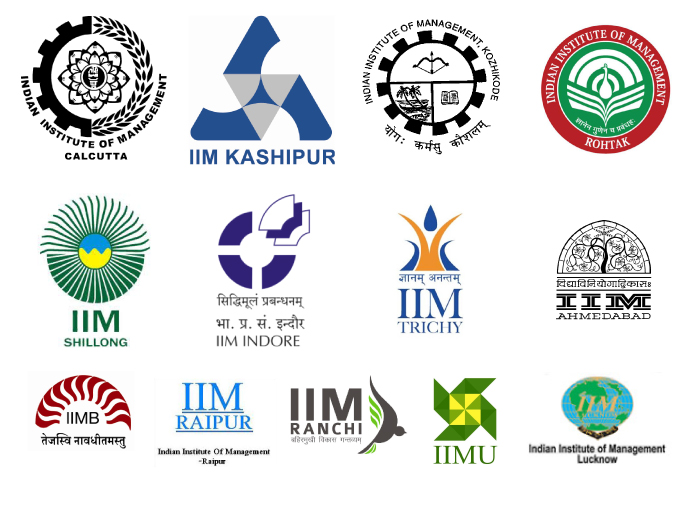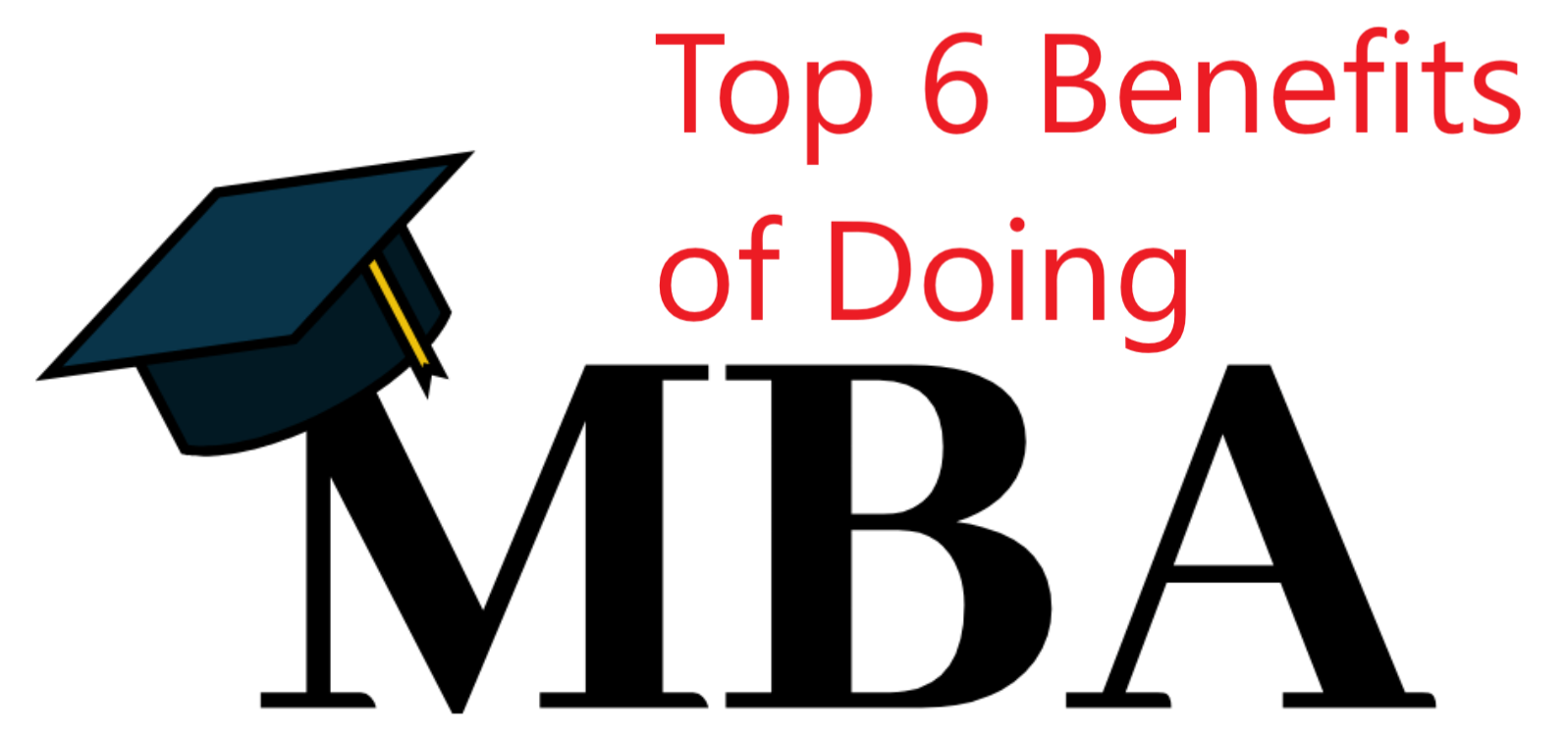“What are your strengths” This is a question every Interviewer loves to ask during an Interview. The purpose of asking this question is to check whether a candidate knows about himself or not at first hand leave the rest about the world. This question tries to explore the self-worthiness of a candidate and the fitment of his or her skills for a job.
Before going for an Interview a candidate should prepare a “What are your strengths” question keeping his or her strong points in mind. Even better if he or she can explain his/her strength with an example. During the interview if you hear this question, don’t panic, just keep the following points in your mind before answering the above question and you will nail this question for sure.
- Be Confident:
Confidence is the most initial step to success. A confident tone while responding to a question regarding your strengths directly elevates your impression in the interviewer’s mind. On the contrary, under confidence and a jittery and uncertain tenor imparts a misleading opinion about your honesty and loyalty towards yourself as well as the firm. Additionally, overconfidence too is widely perceived as a weakness by interviewers as it projects disapproval from your side in terms of being open to learning and evolving your strengths.
- Do not bluff or boast:
Honesty is another quintessential quality with which you should embellish your responses in an interview. Be forthright and honest about your strengths and do not understate or overpraise them. While you are truthful about your strengths, adopt a humble and modest approach while putting it across, without making it sound like you are bragging about your strengths.
- Mentally formulate your ace strengths:
Through the pretext of this question, interviewers consciously attempt to test your organizational abilities and your level of preparation for the interview. Systematically organize your strengths and then dovetail them together into one concrete response. Linking all your strengths to one another, and wrapping them up as one wholesome answer is an ideal strategy to prevent the interviewer from tagging you as an “I ME MYSELF” kind of an individual. Listing out strengths in a point-wise manner (for example- I am dedicated, I am diligent, I am punctual, I possess an ideal work ethic. etc) might put forth a boastful attitude, and hence, it is always advisable to weave your strengths into one branded outcome.
- Elaborate on how your strengths are relevant to the requisite job profile:
The strengths that you mention should be pertinent to the job. With every strength that you state, delineate how you plan to apply and execute it in your job and workplace. A strength is perceived as a strength when you assure and prove how you can and would implement it to the best of its use, and how it would benefit you, your colleagues, and the firm positively. Be brief, methodical, and drive home your point.
- Mention uncommon strengths:
Interviewers are highly experienced and are well aware of the typical answers that candidates give. They identify every potential strength that a candidate might explain. Hence, be creative and innovative while responding so as to stand out as a unique, deserving and competent interviewee from the rest of the competitors. Prove how you are different from others by defining and justifying the rare and exceptional qualities and strengths that you possess.
- Emphasize the strengths that you aim at achieving:
Talk about the firm that you are interviewing for and elaborate on how working for the firm would help you build and develop certain additional strengths that you aim at achieving. Mention that the job would be significant for the growth of your personal strengths which would be reflected and redirected towards your performance in the company. Finally, be Confident with the best answer for the “What are your strengths” question.














